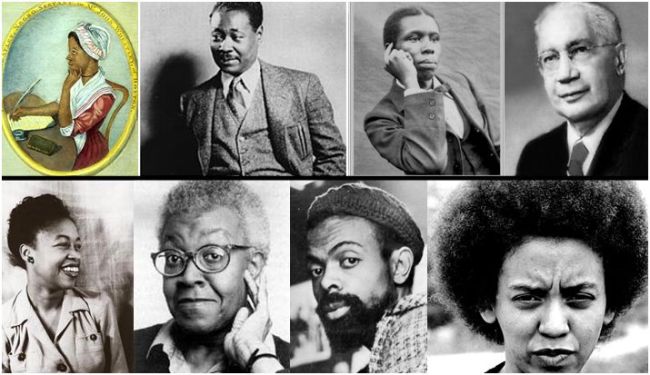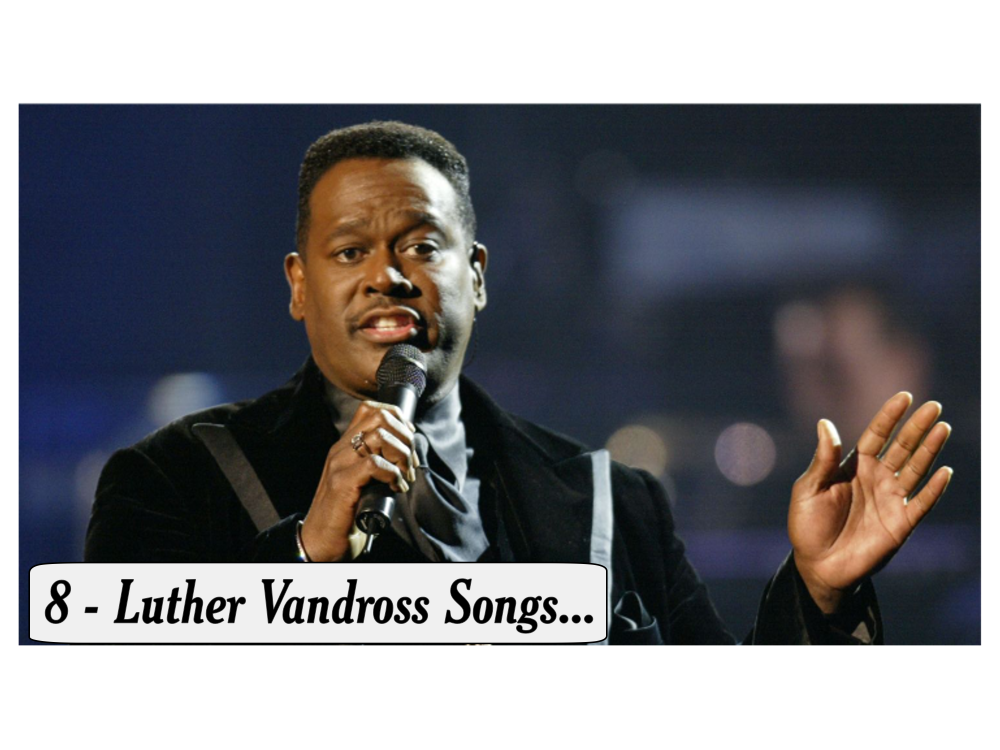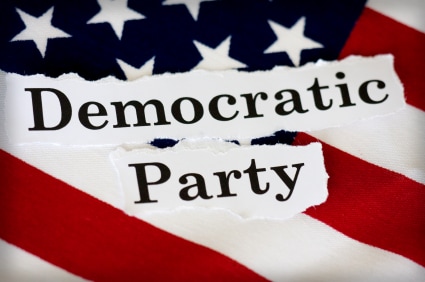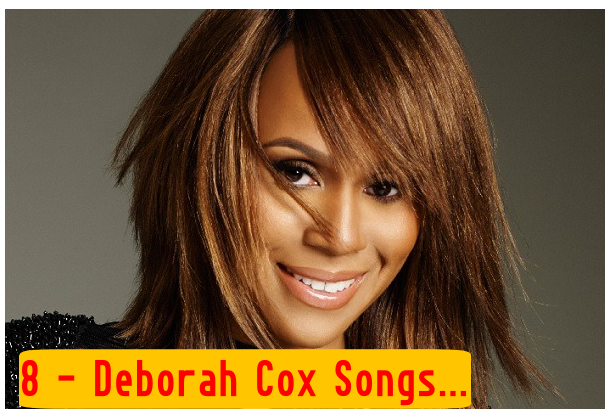(ThyBlackMan.com) The question of who the best African American poet was is both subjective and difficult to answer definitively, given the rich tapestry of African American literature that has graced the world over the centuries. Each poet brought their unique voice, perspective, and lived experiences to their work, and to pick just one as the ‘best’ could be reductive. However, for the sake of this article, we will focus on a few prominent figures who have had a profound impact on African American poetry and literature.

1. Langston Hughes (1902-1967)
Langston Hughes is often considered the poet laureate of the Harlem Renaissance. His work, characterized by its jazz-inflected rhythms and deep engagement with the black experience in America, captures the spirit, pain, joy, and resilience of African American life. Some of his most notable works include “The Weary Blues,” “I, Too,” and “The Negro Speaks of Rivers.” Hughes’ commitment to social justice and his keen observation of everyday life make him a timeless voice in American literature.
2. Maya Angelou (1928-2014)
Maya Angelou’s “I Know Why the Caged Bird Sings” is a seminal work not just in African American literature but in the global literary canon. Her autobiographical series and poetry are a testament to her remarkable life journey. Angelou’s poetry, like “Still I Rise” and “Phenomenal Woman,” speaks to the indomitable spirit of black women and resonates with readers of all backgrounds.
3. Gwendolyn Brooks (1917-2000)
As the first African American to win a Pulitzer Prize (for her poetry collection, “Annie Allen”), Gwendolyn Brooks holds a special place in the annals of American poetry. Her work touches on themes of urban life, poverty, and the complexities of the black experience. Poems like “We Real Cool” and “The Mother” reveal her sharp observational skills and deep empathy.
4. Paul Laurence Dunbar (1872-1906)
One of the first African American poets to gain national recognition, Dunbar’s work bridges the 19th and 20th centuries. He wrote both in standard English and in African American dialect, capturing the wide range of emotions and experiences of his contemporaries. His poem “Sympathy,” with its evocative line “I know why the caged bird sings,” would later inspire Maya Angelou’s autobiography’s title.
5. Audre Lorde (1934-1992)
Audre Lorde was not just a poet but also a feminist, lesbian, and civil rights activist. Her work delves into issues of race, gender, and sexuality, challenging societal norms and advocating for equality and justice. Lorde’s poems like “Coal” and “Power” encapsulate her fierce spirit and unwavering commitment to her beliefs.
6. Nikki Giovanni (1943-Present)
Emerging from the Black Arts Movement of the 1960s and ’70s, Nikki Giovanni’s poetry is a potent blend of personal narratives and political consciousness. Her poems, like “Ego Tripping” and “Nikki-Rosa,” offer candid reflections on love, race, womanhood, and the broader African American experience. Over the decades, Giovanni has remained a vibrant voice, continuously evolving and responding to the changing times.
7. James Baldwin (1924-1987)
While primarily known as a novelist and essayist, James Baldwin’s poetry is equally compelling. His poems mirror the same themes that dominate his prose: racial tension, spirituality, personal introspection, and the complexities of love. Baldwin’s foray into poetry, with pieces like “Amen” and “Gypsy,” provides an intimate view of a writer grappling with profound personal and societal issues.
8. Sonia Sanchez (1934-Present)
Another luminary from the Black Arts Movement, Sonia Sanchez is renowned for her fusion of lyrical prose with biting political commentary. Her works often incorporate African American vernacular and blues traditions, producing poems that are simultaneously rhythmic and thought-provoking. Poems like “This Is Not a Small Voice” and “Haiku and Tanka for Harriet Tubman” exhibit her mastery over form and content.
9. Rita Dove (1952-Present)
A former U.S. Poet Laureate, Rita Dove’s poetry transcends time and place, often drawing from historical events and personal narratives. With collections like “Thomas and Beulah,” which paints a fictionalized account of her grandparents’ lives, Dove has showcased her ability to weave compelling tales through verse. Her versatile range and deep empathy shine through in every poem.
10. Lucille Clifton (1936-2010)
Known for her succinct style and evocative imagery, Lucille Clifton’s poetry delves deep into issues of the female body, family, and African American identity. Her poems are striking in their simplicity, yet they resonate with profound truths. Works like “homage to my hips” and “won’t you celebrate with me” reveal her power to celebrate the everyday even as she addresses larger societal issues.
11. Natasha Trethewey (1966-Present)
Another former U.S. Poet Laureate, Natasha Trethewey’s works often revolve around memory, loss, and the intersection of personal and national history. Born in Mississippi, a state with a deep-seated racial past, Trethewey confronts this legacy in her poetry. Her collection, “Native Guard,” which won a Pulitzer Prize, is a poignant exploration of the African American experience in the South.
12. Cornelius Eady (1954-Present)
With a musical rhythm and a clear voice, Cornelius Eady’s poems often celebrate African American culture, touching on themes of race, family, and personal history. As the co-founder of Cave Canem alongside Toi Derricotte, Eady has been instrumental in promoting and nurturing African American poets. His collection “Brutal Imagination” addresses societal racial stereotypes through a blend of fact and fiction.
13. Robert Hayden (1913-1980)
Robert Hayden’s poetry is characterized by its historical depth and rich imagery. He often drew upon African American history and his own personal experiences to craft poems that are both universal and deeply intimate. “Those Winter Sundays,” one of his most celebrated works, touches upon themes of love, sacrifice, and unrecognized heroism.
14. Phillis Wheatley (1753-1784)
An iconic figure in American literature, Phillis Wheatley was the first published African American poet. Enslaved as a young girl and brought to Boston, she displayed remarkable literary talent, which led her owners to support her education. Wheatley’s poetry, such as “On Being Brought from Africa to America” and “To S.M., a Young African Painter, on Seeing His Works,” provides invaluable insights into the life and mindset of an educated African woman in colonial America.
15. Amiri Baraka (1934-2014)
Originally known as LeRoi Jones, Amiri Baraka was a force to be reckoned with in the world of African American literature. A key figure in the Black Arts Movement, his poetry is infused with a raw, confrontational energy that addresses racial tensions, cultural identity, and political upheaval. Works like “Somebody Blew Up America” and “Preface to a Twenty Volume Suicide Note” encapsulate his fiery spirit.
16. Ntozake Shange (1948-2018)
Though perhaps best known for her choreopoem “For Colored Girls Who Have Considered Suicide / When the Rainbow Is Enuf,” Ntozake Shange’s poetic oeuvre goes beyond this singular masterpiece. Her works are a celebration of black womanhood, replete with emotional depth, strength, vulnerability, and resistance.
17. Yusef Komunyakaa (1947-Present)
Yusef Komunyakaa’s experiences as a Vietnam War veteran permeate his work, lending a haunting depth to his exploration of themes like war, love, and racial identity. His Pulitzer Prize-winning collection, “Neon Vernacular,” showcases his ability to intertwine the personal with the historical, resulting in poems that are both intimate and universal.
18. Marilyn Nelson (1946-Present)
Marilyn Nelson is celebrated for her historical narratives and profound examinations of the African American experience. Her works, like “A Wreath for Emmett Till,” dive into painful episodes of racial violence, transforming them into intricate, contemplative sonnets. With her delicate touch, Nelson has an exceptional ability to humanize history.
19. Toi Derricotte (1941-Present)
Co-founder of the Cave Canem Foundation, which supports emerging African American poets, Toi Derricotte’s personal narratives are marked by their vulnerability and honesty. Her poems explore themes of identity, race, and the subtleties of everyday life. Works like “The Black Notebooks” provide an unflinching look at her life, exploring the complexities of light-skinned Black identity.
20. Camille T. Dungy (1972-Present)
Dungy’s poetry is a vivid tapestry of the African American experience, intertwined with nature and history. Her collection, “Trophic Cascade,” offers reflections on motherhood set against the backdrop of the natural world, showcasing her intricate and observant style.
Reflecting Forward:
As the landscape of American poetry continues to evolve, African American poets remain at the forefront, pushing boundaries and introducing new themes, forms, and perspectives. The richness of this literary tradition is rooted in its diversity of voices, each speaking to different facets of the African American experience. The contributions of these poets—alongside countless others—ensure that this tradition will continue to flourish, resonate, and inspire. In answering the question of who the best African American poet is, perhaps it’s more apt to say that each poet, in their unique way, has been the best at capturing a particular moment, emotion, or slice of history. Their collective brilliance is a testament to the depth and breadth of African American poetry.
Staff Writer; Larry Jackson
This brother, and poet at heart can be reached at; LJJackson@ThyBlackMan.com.

















Leave a Reply